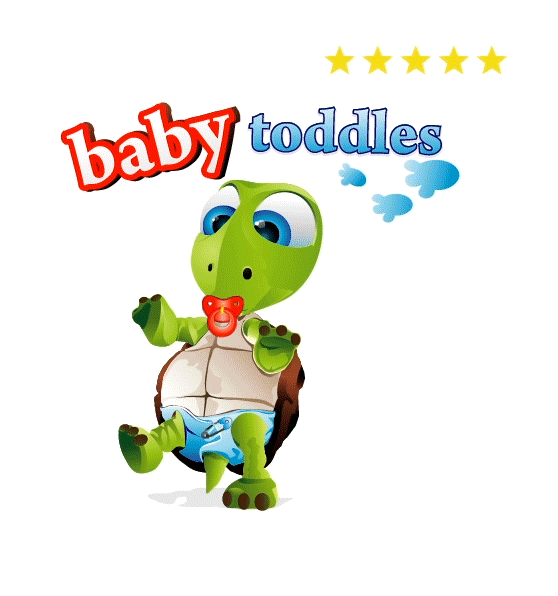Blog
How Dyslexia Spelling Help Boost The Mastering Abilities Of Kids
Kids with dyslexia find it hard to read. Spelling is also a hard activity for them. However, with sufficient perserverance, mastering would be easy. There tend to be varied techniques of assisting a dyslexic child to exercise spelling. Nevertheless, specialists claim that dyslexia differs from person to person. This variation brings about significant difference in learning reactions. Thus, it is definitely vital to deal with different dyslexic persons appropriately. Dyslexia spelling help must adapt to the kind of kid being helped and learning must be schemed depending on his or her abilities. Teachers specializing in dealing with children with learning problems think that multi-sensory method (which uses ears, eyes, speech, and touch) is among the most effective strategy.
In working with a dyslexic, there is no individual approach that would work all the time. So instructors must use various approaches and the pace at which teaching goes on should depend on the learning speed of the kid. The law of preparedness applies most definitely to dyslexics, who demand more attention and time. Recall skills is discouraged since there is simply no genuine learning in it. Games should be unique always, because repetitive activities could end up dull or boring. Kids specifically love fun exercises, so your studying periods should have spelling games plus more of hands-on routines, instead of the regular pen-and-paper form of teaching. There are a number of materials that can be used, such as colored pens, whiteboard and marker, sand, scrabble tiles, modeling clay, sticks, flashcards, and computer.
In deciding on the kind of approach which can be most reliable, you need to determine the kind of learning pattern your pupil or child has. Parents and teachers must be keen enough to know if the child understands aurally, visually, or kinesthetically. Visual individuals are often neat and orderly, and they recall better what they see as compared with what they listen to. These kinds of kids like reading quietly to being read to. In contrast, auditory students will want to listen to anything than have it read. They converse alone, usually to themselves, while completing a task. These kinds of individuals are sensitive to sound stimuli, so that they are as quickly aroused by sound as they are confused by noise. They depend much on their spoken ability as their strength. Writing, nevertheless, becomes their weakness. Kinesthetic learners are different from the two kinds previously mentioned, as this next kind of pupils prefer composing in sand as well as creating words and phrases using clay or sticks. Normally, a young child has an inclination to any of the three but may show indications of the three learning kinds.
Researchers are now very much convinced that dyslexia is not a product of poor learning environment or wrong teaching strategies. It is basically a condition resulting from poorly understood neurological mechanisms that reduce a kid’s capability to read, write, as well as spell. Having said that, improving the studying surrounding conditions will support better learning. Well prepared exercises as well as spelling games for children, who need tactile experience with words, would increase their learning potential.

